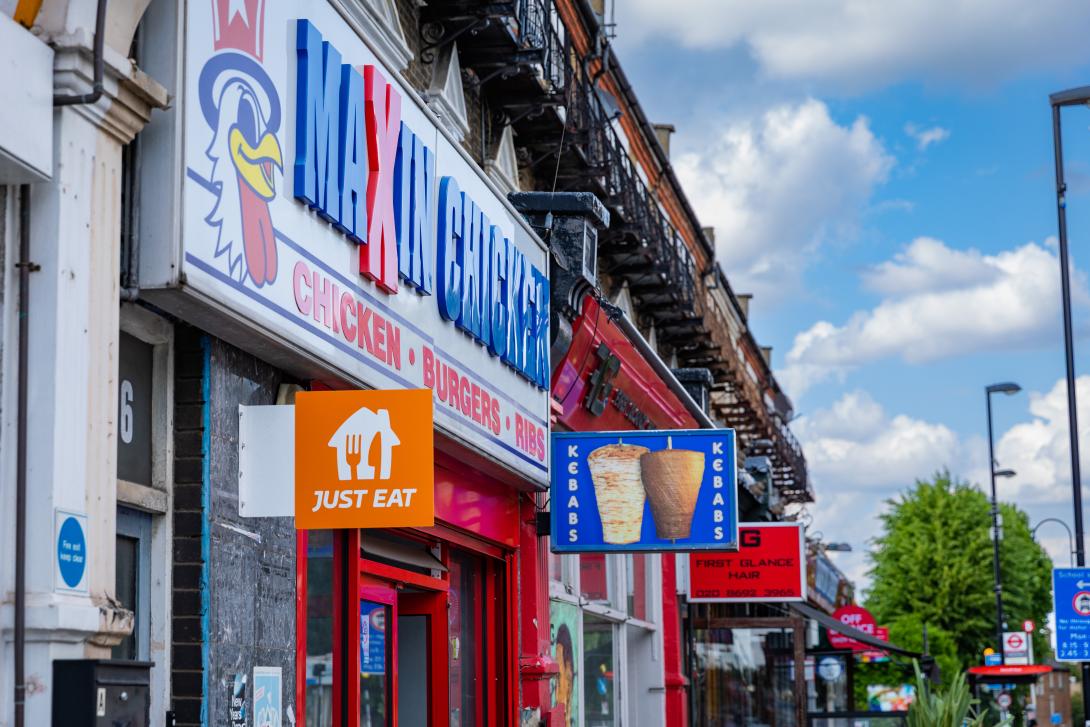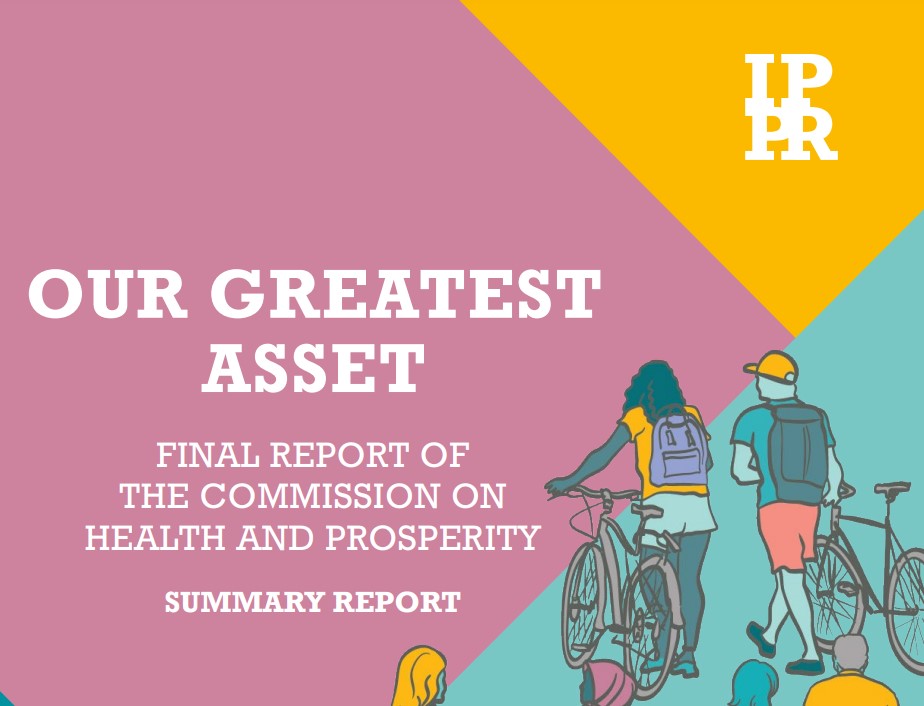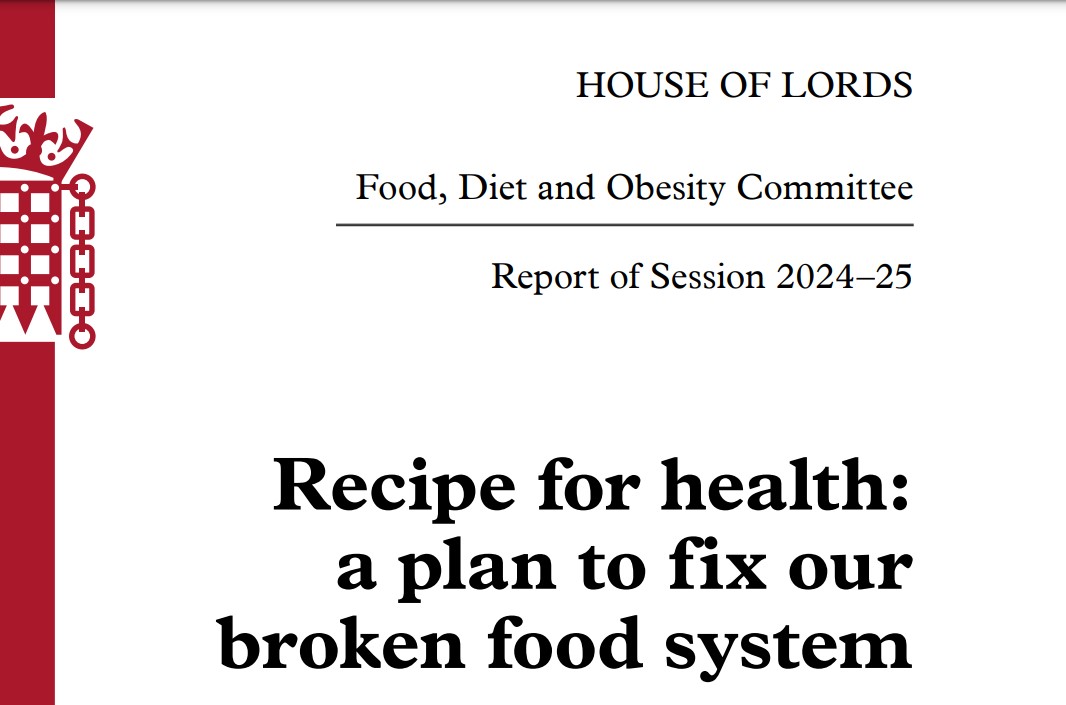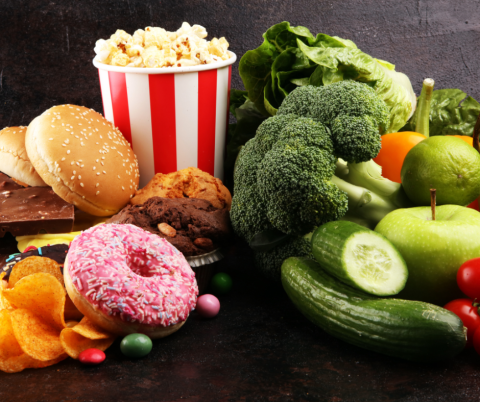28 October 2024
Weight loss drugs versus the broken food system

The Food Foundation's Executive Director Anna Taylor examines whether weight-loss drugs are the answer to fixing flaws in our food system
Ozempic (the brand name for semaglutide, a GLP-1 drug) has been in the news again. This time off the back of the government’s trial of weight loss drugs in Manchester aimed at making people more economically productive.
The government is rightly concerned about the number of people who are economically inactive because of sickness.
Last month IPPR published the concluding report of their Health Commission and projected economic inactivity due to sickness could breach four million by the end of the parliament. Many of these people will be suffering with obesity related illness, hence the trial in Manchester.

Picture: Chemist4U
But there are a lot of reasons why this caused concern – not least because one might hope that in a caring society, drugs should be there for people when they need them to relieve suffering, and not in some way conditional on making them work for it, but also the media commentary played into old stigmatising language linking obesity with laziness.
The debate has also flushed out both the PM and Health Secretary in defence of the idea, dragging the national debate about obesity once again away from primary prevention of excess weight gain.
James Tapper's piece in the Guardian on Ozempic was eye-opening in pointing out the hard economic effects of the scale up of the drug worldwide.
I was startled to read that the airline industry was expected to see a share price bump because of the savings incurred by transporting people who are lower weight.
It also cites research by JP Morgan which says that people on GLP-1 drugs spend 8% less on food – that would represent a very significant impact on the food industry if the drugs are used at scale (remember two thirds of people in Britain are living with overweight or obesity, though currently in the UK only around 6% of the population are eligible for the drugs).
Tapper writes that “Walmart said last year it was already seeing people buy less food, prompting investors to sell shares in PepsiCo and Mondelēz”.

The IPPR report
While it is not yet clear whether these drugs led people to change what they are eating as well as how much, a recent survey by Morgan Stanley of 300 patients taking the drugs found that participants cut back the most on foods high in sugar and fat, reducing their consumption of confectionary, sugary drinks and baked goods by as much as two-thirds.
I wonder whether companies would choose a drop in sales, over a reform of their business of selling junk food? But of course, it’s not just food companies that could potentially feel the effects of the drugs. It’s also the NHS.
While savings should be made in cases of heart disease or diabetes resulting from weight loss, these remain expensive drugs.
The NICE list price of Wegovy comes in at about £2,100 per person per year (though the NHS has probably negotiated a discount which is not published).
These costs look high in comparison to the cost of Free School Meals for a child for a year (approx. £470) or the cost of Healthy Start for a child for a year (£221).
None of these costs factor in the delivery - patients on weight loss drugs require careful monitoring by health care professionals - nor the wider support with behaviour change required to ensure the effects of the drugs lasts beyond the two year timeframe people are prescribed the drug.

The Food Diet and Obesity Committee's new report
The cost should not be a reason not to make these drugs available to all those who need them; but it should make us think harder about what we’re doing to prevent the onset of diet-related disease in the first place.
What was also reiterated in Tapper’s piece was the huge struggle which people face in losing weight, and the shame they feel when they fail to do so, as if it somehow reflected a moral weakness.
They are not alone - over a third of people report trying to lose weight most of the time but the human stories behind this experience underscore once again why it’s so vital that our conversation about diet and weight shifts from the individual to the environment.
This week's report from the House of Lords is probably the strongest report we’ve seen from policy makers in recent years in making a case for primary prevention.
At its heart is the recognition that we cannot expect obesity to come down unless the food industry changes its behaviour and that we can’t expect the food industry to change unless we tackle the incentives within which businesses operate.
No more voluntary initiatives but systematic regulation at all points of the chain from production to consumption, which make the selling of cheap foods which are high in fat, sugar or salt less and often nutrient poor commercially rewarding.
So the big question is will the government take action? In reality, we’ve seen very little from new Ministers on this agenda – there was a lot of publicity about the pre-watershed junk food ad ban, but in fact the last government did all the hard work of getting that proposal on the statute book.
We’ve had the commitment to free breakfasts and to ban sales of energy drinks to 16yr children, but very little else except some odd language from Wes Streeting about not wanting to be seen as ‘the fun police’.
I wonder if this new report will give them some wind in their sails – it certainly does a lot of the heavy lifting in building the evidence and the arguments.





